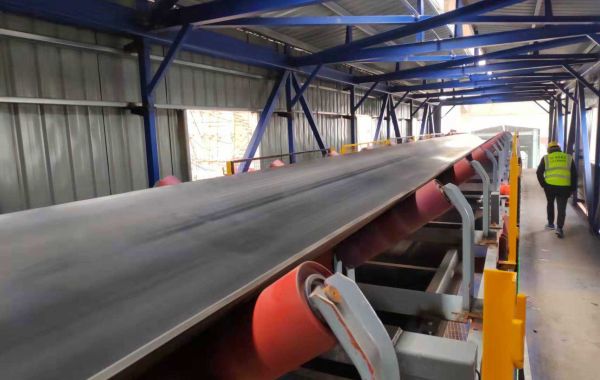Mining:
- Measuring the flow of ore, coal, and other extracted materials.
- Monitoring material movement from extraction sites to processing plants.
- Accurately tracking production volumes for inventory and financial purposes.
Manufacturing:
- Monitoring the flow of raw materials and finished products in various industries like cement, chemicals, and food processing.
- Ensuring proper material dosing and blending for consistent product quality.
- Optimizing production processes by tracking material usage and identifying inefficiencies.
Agriculture:
- Measuring the flow of grains, fertilizers, and other agricultural products.
- Monitoring grain storage and transportation.
- Accurately determining yields and optimizing farm operations.
Waste Management:
- Monitoring the flow of waste materials in recycling and waste-to-energy facilities.
- Tracking the volume of materials processed for environmental compliance and waste reduction initiatives.
Power Plants:
- Measuring the flow of coal, biomass, and other fuels used for power generation.
- Optimizing fuel consumption and ensuring efficient energy production.
Logistics and Transportation:
- Accurately weighing and tracking goods transported on conveyor belts in warehouses, distribution centers, and ports.
- Facilitating efficient inventory management and optimizing transportation logistics.
In addition, you can read A Comprehensive Guide to Belt Scales: Components, Working Principles, Types and Applications for more information about belt scales.








